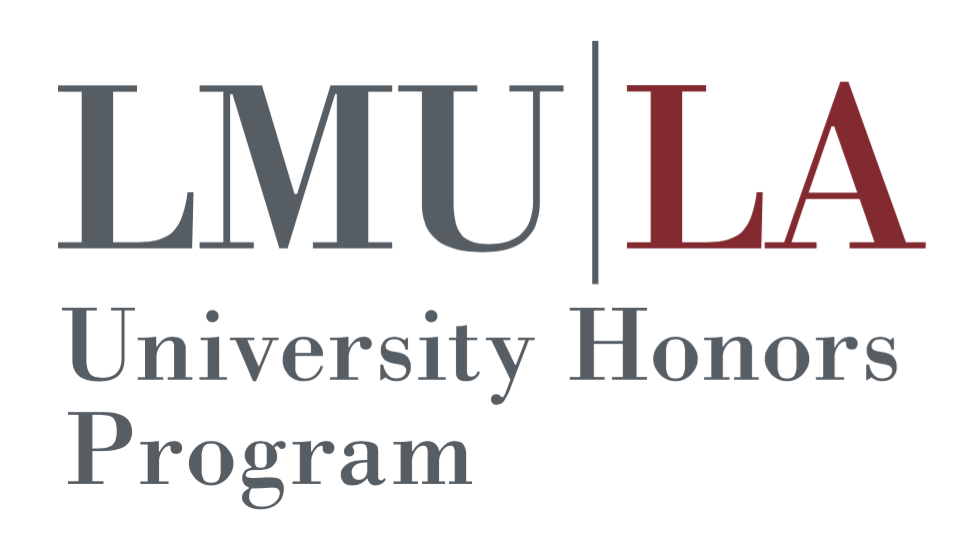Location
Sullivan Academic Center
Start Date
15-12-2015 5:20 PM
Description
The concept of poetry remains today an ambiguous and divisive issue. The definitions set forward by scholars, critics and poets range from highly structural, relying on elements of rhythm verse etc. to those based on a prevalence of passion and emotion. Still, among all this uncertainty we don’t stop and move on to attribute poetic qualities to nonverbal mediums - cinema being a profound example of such a phenomenon. How is it then, that the language of poetry is in theory explicable and practically possible in cinema? Since poetry tends to express itself through language, I would like to examine whether cinema - through a language based on images and signs - is equipped with the means to become a vessel for poetry. An analysis of the cinematic language (it’s „vocabulary and grammar”) in relation to the poetic language is necessary to illuminate both the parallels between film and literature as well as the poetic devices completely unique to the cinematic medium. This knowledge can later be applied to the oeuvre of filmmakers pursuing the creation of films utilizing a poetics of cinema in order to provide an understanding of how cinema is equipped to create poetry through images and signs similarly as a poet who uses words and phrases.
Poetics of Cinema: an Exploration of Poetry in the Nonverbal Medium
Sullivan Academic Center
The concept of poetry remains today an ambiguous and divisive issue. The definitions set forward by scholars, critics and poets range from highly structural, relying on elements of rhythm verse etc. to those based on a prevalence of passion and emotion. Still, among all this uncertainty we don’t stop and move on to attribute poetic qualities to nonverbal mediums - cinema being a profound example of such a phenomenon. How is it then, that the language of poetry is in theory explicable and practically possible in cinema? Since poetry tends to express itself through language, I would like to examine whether cinema - through a language based on images and signs - is equipped with the means to become a vessel for poetry. An analysis of the cinematic language (it’s „vocabulary and grammar”) in relation to the poetic language is necessary to illuminate both the parallels between film and literature as well as the poetic devices completely unique to the cinematic medium. This knowledge can later be applied to the oeuvre of filmmakers pursuing the creation of films utilizing a poetics of cinema in order to provide an understanding of how cinema is equipped to create poetry through images and signs similarly as a poet who uses words and phrases.




